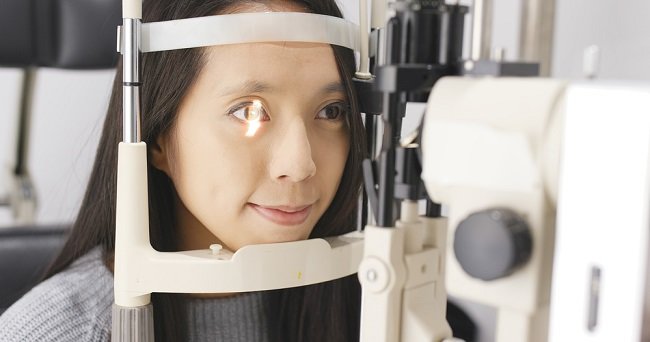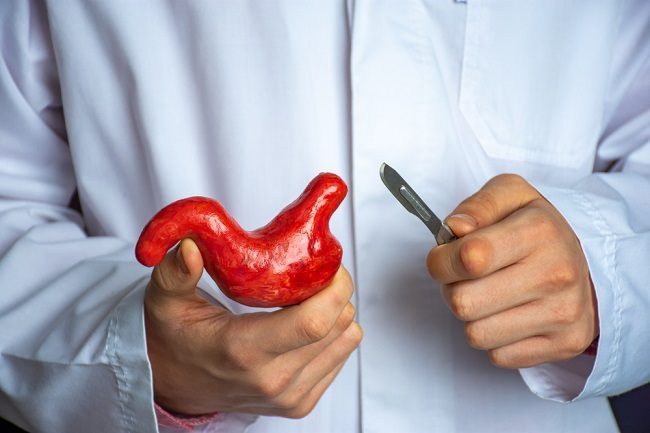Cholesterol test is an examination carried out to measure the level of fat in the blood. For people with a history of high cholesterol, cholesterol tests need to be done regularly. Uncontrolled blood cholesterol levels can trigger various diseases, such as stroke and heart attack.
If you do not have any special health problems, it is advisable to have your cholesterol checked at least once every five years. However, if you have a history of high cholesterol, suffer from obesity, diabetes, high blood pressure, stroke, or heart disease, have your cholesterol tested regularly as recommended by your doctor.

What is Measured in a Cholesterol Test?
A cholesterol test can be done to measure levels of four types of fat in the blood, namely:
1. Good cholesterol (high-density lipoprotein/HDL)
HDL is known as good cholesterol because it helps the body remove bad cholesterol from the blood, and prevents fat from accumulating in the blood vessels. The ideal HDL level is 40 mg/dL. When HDL levels are too low, the risk of heart disease will increase.
2. Bad cholesterol (low-density lipoprotein/LDL)
In contrast to HDL, bad cholesterol or LDL can actually cause the accumulation of fat in the blood vessels. The body's tolerance limit for bad cholesterol is 100-129 mg/dL. If you exceed this limit, you will be more at risk of developing atherosclerosis and heart disease.
3. Triglycerides
Just like LDL, triglyceride levels that are too high in the blood can also increase the risk of heart disease. Triglyceride levels are considered high, when they exceed 150 mg/dL.
4. Total Cholesterol
Total cholesterol is the total amount of cholesterol in the blood, namely HDL, LDL, and triglycerides. Total cholesterol level which is classified as normal is less than 200 mg/dL.
Cholesterol Test Procedure Performed
A cholesterol test is done on a sample of your blood. The doctor will advise you to fast from the night before the examination, which is 9-12 hours before the blood draw is performed. A blood sample will be taken in the morning the next day, then your cholesterol level will be measured in the laboratory.
Your doctor may also record your weight, diet, physical activity, and medical history, such as high cholesterol, diabetes, high blood pressure, and heart disease.
Cholesterol checks are recommended to start at the age of 20 years. Especially for those of you who smoke, are obese, and have a family history of high cholesterol. However, if you do not smoke and do not have these conditions, cholesterol tests can be started from the age of 35 years. Then for the next examination time, it can be adjusted according to the doctor's advice.
Regular cholesterol tests as recommended by your doctor can help you control cholesterol levels in your blood. In order to keep cholesterol levels under control, you are advised to adopt a healthy lifestyle, starting from reducing fatty foods, quitting smoking, avoiding alcoholic beverages, and exercising regularly.
If the results of the cholesterol test show that your cholesterol levels are abnormal, consult your doctor further to get the right treatment, either in the form of lifestyle improvements or prescribed drugs.









